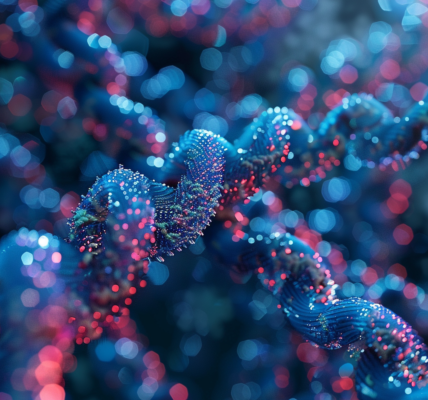Researchers at the University of Colorado Anschutz Medical Campus are delving into the intersection of heart health and circadian rhythm with a groundbreaking study that could potentially revolutionize the treatment of circulatory system conditions, including heart disease.
The study, led by Dr. Tobias Eckle, a professor of anesthesiology at the University of Colorado School of Medicine, highlights the significant impact of circadian rhythms on cardiovascular function and disease development. Circadian medicine, which explores targeted interventions aligning with our internal clock to enhance heart health, is rapidly gaining traction as a growing field.
The research advocates for the aggressive application of intense light therapy in humans, building on promising results from animal models. This innovative approach utilizes light boxes and chronotherapeutic drugs to mimic natural circadian rhythms, offering a low-risk, high-reward treatment for millions of heart patients. Dr. Eckle’s work emphasizes how intense light therapy, particularly post-heart surgery, can protect and aid heart recovery by stabilizing the PER2 gene and elevating adenosine, thereby reducing irregular rhythms and the risk of cardiac ischemia characterized by diminished heart blood flow.
Moreover, the study underscores the significance of timing in medication administration, suggesting that administering drugs at specific times can significantly accelerate the healing process by aligning with the body’s circadian rhythms. Additionally, it sheds light on how cardiovascular disease differs between genders, hinting at the potential of circadian medicine to provide personalized treatments for these disparities.
Dr. Eckle has emphasized the urgency of advancing to clinical trials in humans, citing the crucial role of circadian rhythms in cardiovascular health. He advocates for the exploration of low-risk strategies like intense light therapy and chronotherapy in human subjects, signaling a new era in cardiac care.





